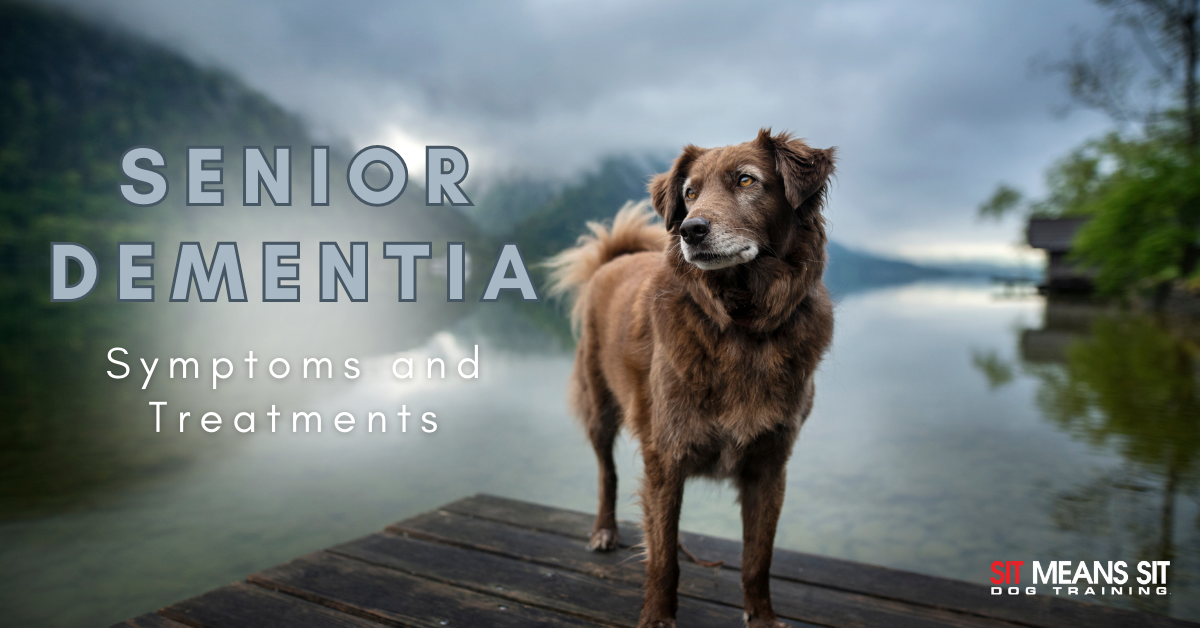
Symptoms and Treatment for Senior Dementia in Dogs
Just like humans, dogs can develop dementia, or Canine Cognitive Dysfunction (CCD) in their lives and slowly begin to forget things little by little. As dogs get older, the likelihood of them developing this condition increases.
Common symptoms of CCD included house soiling, lethargy, sleep disorders, decreased learning, and vocalizing. However, there are some less noticeable signs of dementia that can be harder to spot.
Here are the signs of symptoms of dementia in senior dogs.
Involutive Depression
This is depression that usually occurs later in a dog’s life and, often, is the result of untreated anxieties. Because of some other symptoms of CCD, like house soiling and wandering, dogs are more often confined to specific areas, which can increase anxiety and worsen symptoms.
Dysthymia
Dysthymia involves a lack of awareness of body length or size. This means that your dog will more often find themselves stuck behind pieces of furniture, in corners, or in other spaces. Oftentimes, all they need to do is backup, but because of dysthymia, they are not aware of their body.
Hyper-Aggression
This is associated with the dysfunction of neurotransmitters that release serotonin. They lose their ability to communicate with other dogs and send appeasing signals to other pets. They will be more likely to bite or start fights with other animals.
Confusional Syndrome
This symptom is the most similar to dementia seen in humans and is a sharp decline in cognitive ability. They may forget familiar faces, other pets, or how to get around their own home.
Signs of Dementia
If you think your dog may be developing CCD, here are some of the signs you should look for:
- Pacing back and forth or walking in circles
- Getting lost somewhere that should be familiar
- Walking into corners
- Walking into tight spaces
- Staring at walls or staring into space
- Seeming lost or confused
- Waiting at the hinge side of the door to go outside
- Not getting out of the way when a door is opening
- Forgetting routines
- Sundowning
If you see any of these signs or symptoms of dementia in your pet, contact your vet to have them evaluated. Early intervention can help delay some of the symptoms and give your dog more time with a better quality of life.
Sometimes, CCD is unavoidable, however, there are some things you can do to help prevent dog dementia. Here is a list of prevention tips.
